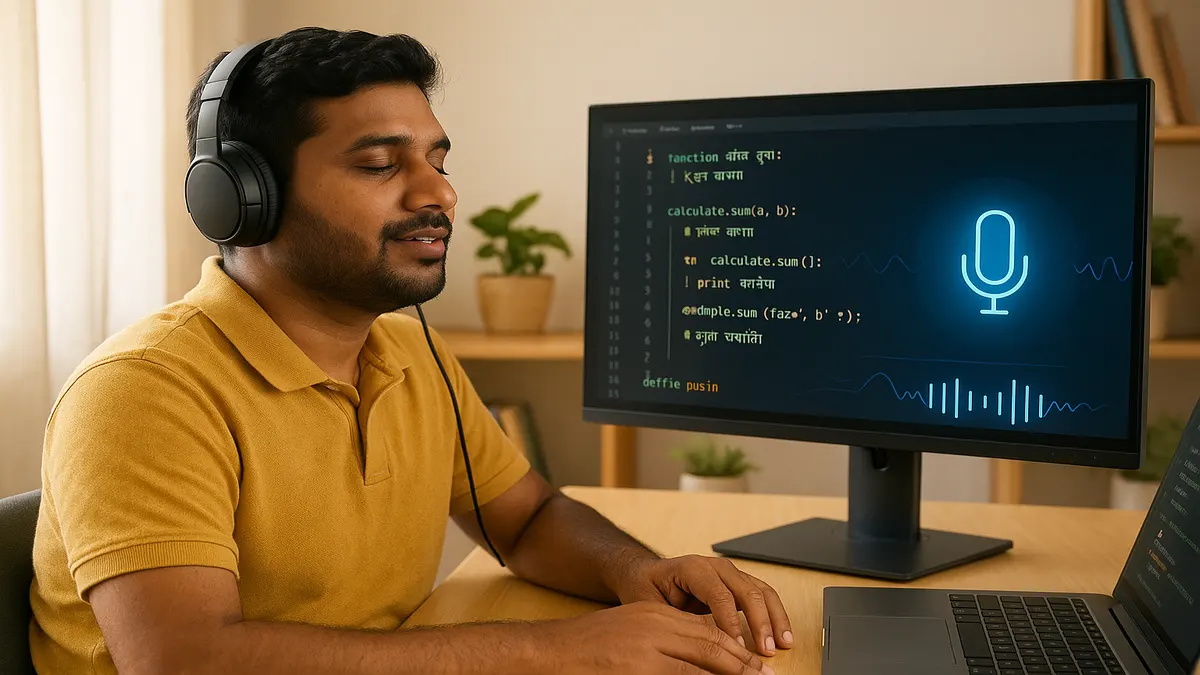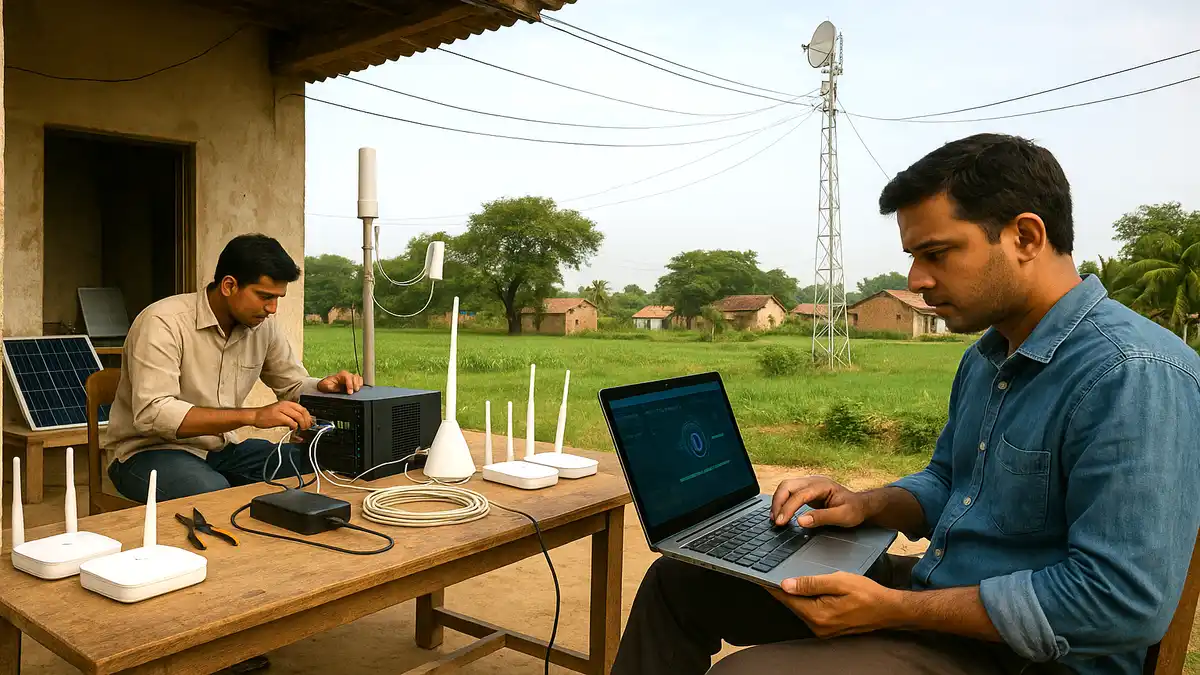AMD ROCm vs NVIDIA CUDA: Which GPU Should Developers Choose?
The world of GPU computing has long been dominated by NVIDIA’s CUDA platform, but AMD’s ROCm (Radeon Open Compute) has been making significant strides in recent years. As we move through 2026, developers face an increasingly important decision: should they stick with the established CUDA ecosystem or explore AMD’s open-source alternative? This comprehensive guide will … Read more





